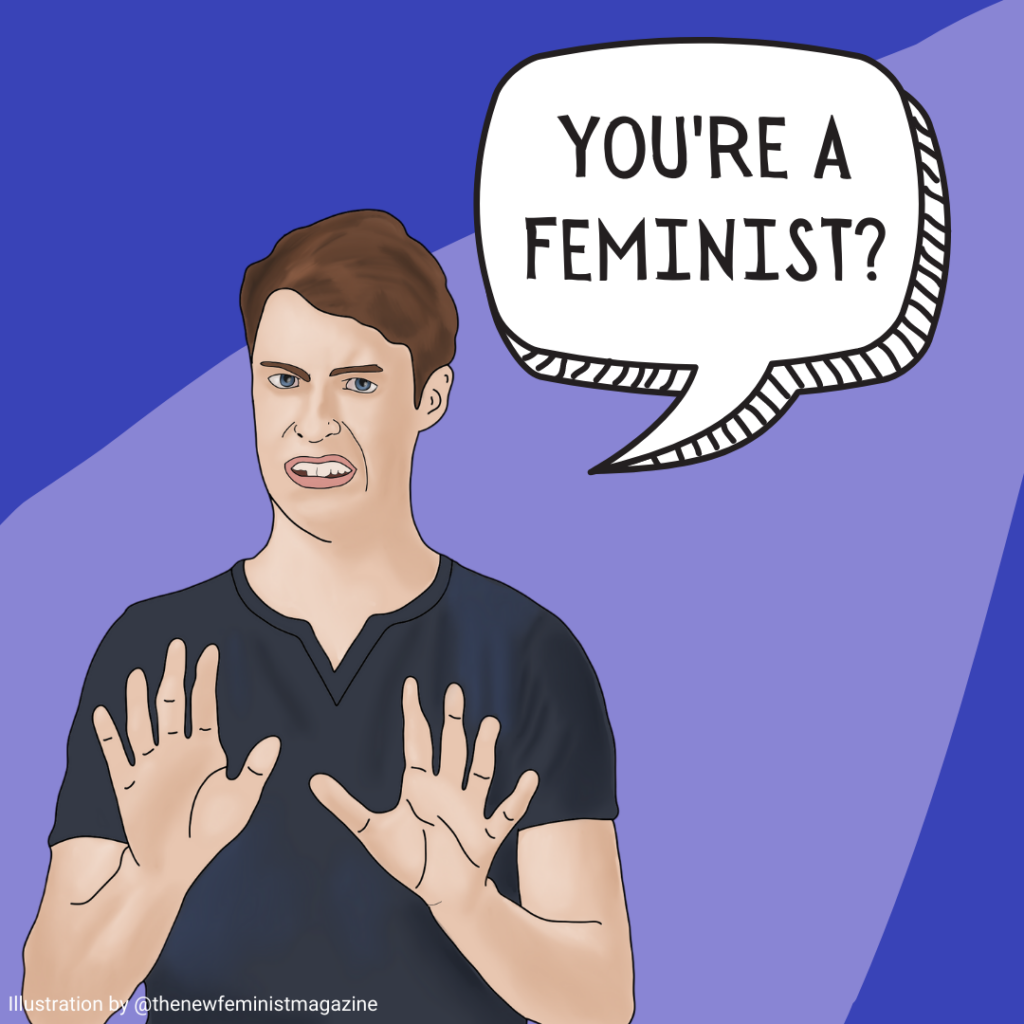“Who here is a feminist?” was the question my film lecturer asked us when we were studying the topic of gender representation in Film Theory. Approximately 20% of the group put their hands up. The lecturer widened her eyes and cast her eyes over the guilty party with their hands down, which shamefully included me.
She then asked, careful to annunciate her words so they punched the air:
“Who here believes in equal rights between men and women?”.
Over 80% of us threw our hands into the air, followed by 10% of sheepish individuals after they had inspected the general consensus of the room. The lecturer smirked, exclaiming: “And that’s exactly what feminism means”.
Before that moment, I identified as an equalist. Others would say “feminist? It has female in the title. But that means women above men?” That entirely defeats the point” and I would think, quite right. I shall be an equalist. An includer of all.
Looking back, I was just a naive schoolgirl whose head was being filled with nonsense by those who were too fearful of change. And I was too fearful to go against them for fear of judgement.
People dread feminists. At school, I heard many boys, and even some girls, say “oh, you’re not a bloody feminist, are you?” whenever someone would so much as breath the word sexism. Those awkward family affairs where one of the boys would make a joke about women belonging in the kitchen, and a brave soul speaks up, saying “that’s quite sexist!”. That awkward silence that follows. It belittles those who speak and makes them wish they never had. The amount of toilet trips I’ve taken with red cheeks and tears threatening to spill from embarrassing, wishing I could just laugh along with the males of my family. They showed me that people don’t like feminists because they won’t stick to the rules of happy-British-lightweight small talk. “Did you know that women are taught to choose beauty over comfort, even if it means not wearing a jacket in minus five degrees?” is apparently not a suitable response to “very cold weather we’re having”.
But feminism is not about keeping the peace, it’s about making as much noise as possible, until women are recognised as equal. And if that makes being a feminist anti-establishment, then we should all be anarchists.
That lecturer I had many years ago when I was a meek first year cast a shining beacon of realisation into that mind. She taught the importance of the word ‘feminist’. It contains the beginnings of the word ‘female’ because it is acknowledging the oppressed; to never forget that we are important. To remember that we were once the property of our husbands, brothers, father. To remind us of how we were once treated and continue to be treated, and to stop it from happening again. If the word was genderist or equalist instead feminist, it would completely defy these points.
Because of this lesson, I am and always will be proud to be a feminist.
